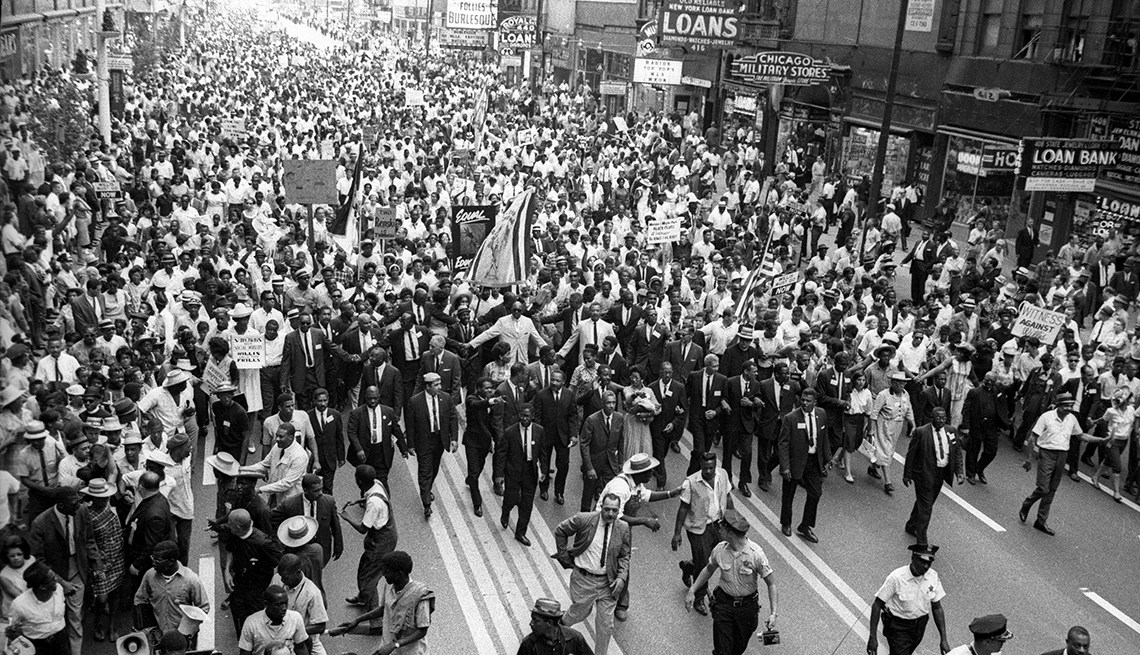Amber Moore
ambmoore@lc.edu
More than anything, what makes a nation is its citizenry. America is a melting pot of different races, cultures, religions, and practices.
Albeit, we still have a lot of progress to make, we do owe the increased amount of open-mindedness and acceptance to the minority groups who pushed for social justice and equality in the face of oppression, especially when it pertains to civil rights.
Before there was what we recognize as Black History Month, the nation celebrated Negro History Week, which was coined in 1926 by Carter G. Woodson and the Association for the Study of African American Life and History, in order to shed more light on the contributions of black people throughout history in educational environments.
The week was originally set in the second week of February in order to include the birthdays of Abraham Lincoln and Frederick Douglass, who both played a pivotal role in African American history. Negro History Week eventually grew into Black History Month, which became an official national observance in 1976.
When we reflect on the nation’s past of civil injustice and violence, leaders and contributors such as Harriet Tubman, Martin Luther King Jr., and Malcolm X are often looked to in reflection of events that caused change and advancements in racial acceptance and integration. Of course, leaders and contributors of such stature and influence were significant to the success of the black community.
However, their stories are hardly ones that many can personally relate with. As a society, regardless of race, we champion the idea that importance is a direct result of how extraordinary an individual is.
This understanding of importance couldn’t be more wrong, though; it was the ordinary students that participated in sit-ins, endured verbal and physical abuse that pushed restaurants to eschew segregation from their practices. It was the ordinary hundreds of thousands of American citizens who took to marches to demonstrate their dissatisfaction with how the government responded to racial discrimination and segregation.
The actions that these individuals took against prejudice can be related to examples we see from protesters today who take organized action against intersectional injustices.
We endure a continuous cycle in which our historical struggles, contributions, and victories are put on the backburner or forgotten, like an amnesia of sorts. Black History Month returns to remind us of black accomplishments and influences on society and culture.




